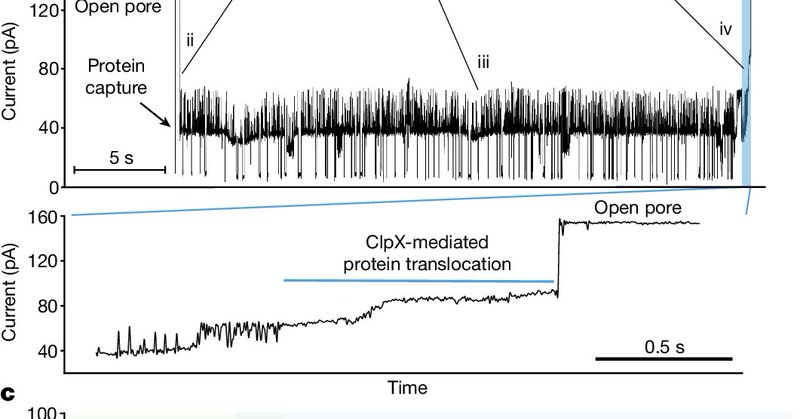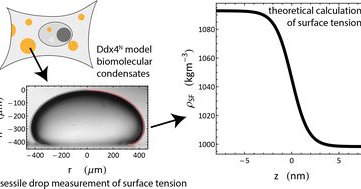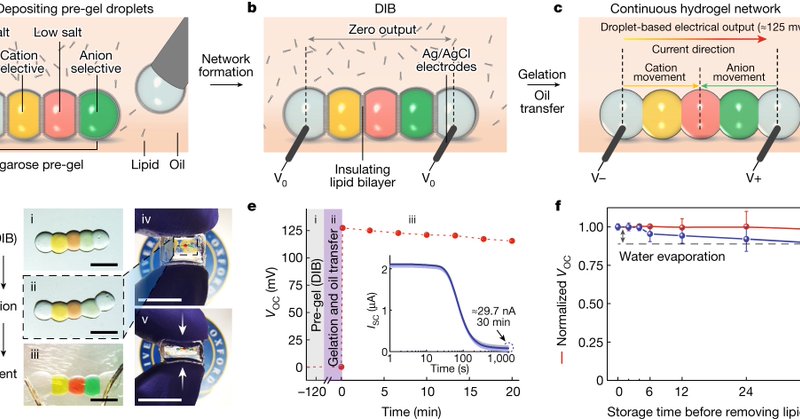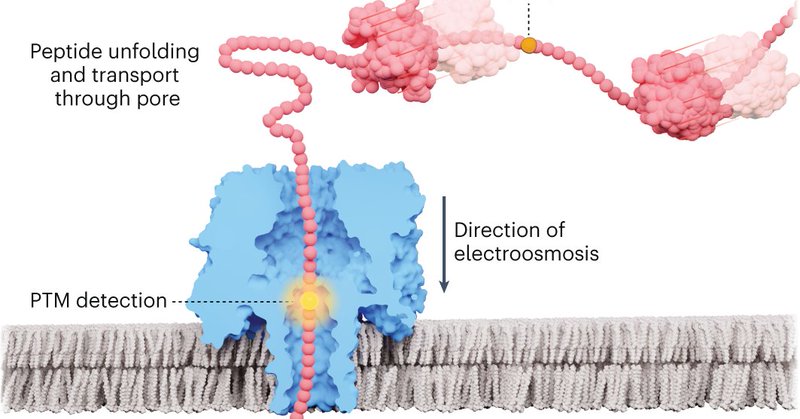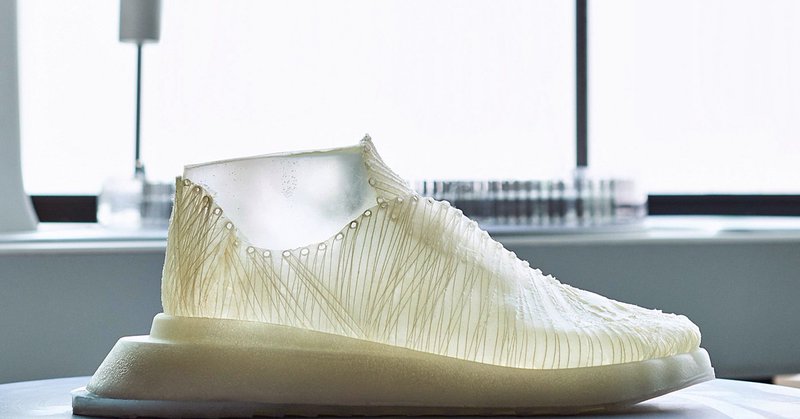
Jefferson Smith
@JeffersonMSmith
Followers
241
Following
5K
Media
0
Statuses
79
Synthetic Biology DPhil | Oxford Nanopore | 28
Oxford, England
Joined July 2013
RT @jeffnivala: Published today in @Nature, we describe an approach for single-molecule protein reading on @nanopore arrays. By utilizing C….
nature.com
Nature - A technique for threading long protein strands through a nanopore by electrophoresis and back using a protein unfoldase motor, ClpX, enables single protein molecules to be analyzed...
0
290
0
RT @synbioCDT: Apply for our new DPhil in #EngineeringBiology programme across the Universities of Bristol @BrisBioDesign and @UniofOxford.….
ox.ac.uk
About the courseEngineering Biology applies engineering principles to biology and aims to exploit our synthetic biology knowledge to drive the bioeconomy. The Engineering Biology Centre for Doctoral
0
7
0
RT @synbioCDT: We are launching a new DPhil (doctoral) training programme in Engineering Biology! Next application deadline 1st March 2024.….
ox.ac.uk
About the courseEngineering Biology applies engineering principles to biology and aims to exploit our synthetic biology knowledge to drive the bioeconomy. The Engineering Biology Centre for Doctoral
0
30
0
RT @DrMikeBooth: We developed light-activated plasmids for cell-free and living cells 🤩🔦🧬🧫. To do this we created a new method to add chemi….
pubs.rsc.org
Plasmids are ubiquitous in biology, where they are used to study gene-function relationships and intricate molecular networks, and hold potential as therapeutic devices. Developing methods to control...
0
24
0
RT @jackdutch123: Surface tension measurement and calculation of model biomolecular condensates - now published in Soft Matter https://t.co….
pubs.rsc.org
The surface tension of liquid-like protein-rich biomolecular condensates is an emerging physical principle governing the mesoscopic interior organisation of biological cells. In this study, we...
0
8
0
RT @LinnaZhou1: Tiny soft droplet battery that modulates neural tissue activities. Proud of our team to publish this work in Nature, @bayle….
0
6
0
RT @DrMikeBooth: Check out this incredible paper, developing a soft, microscale droplet-based power source able to activate neurons! . Just….
nature.com
Nature - A study describes the development of a miniaturized hydrogel-based soft power source capable of modulating the activity of networks of neuronal cells without the need for metal electrodes.
0
9
0
RT @OxfordChemistry: 🎉Congratulations to all of today's @royalsociety prize winners, including our very own Prof Hagan Bayley @bayley_lab….
chem.ox.ac.uk
Professor Hagan Bayley FRS has been awarded the Buchanan Medal in this year’s Royal Society prizes.
0
6
0
RT @howorka_lab: The news & views article "Unfolding the path to nanopore protein sequencing" has been published in.@NatureNano
https://t.c….
nature.com
Nature Nanotechnology - A modified nanopore enables enzyme-free threading of single polypeptides to detect post-translational modifications
0
4
0
RT @NatureNano: New content online: Enzyme-less nanopore detection of post-translational modifications within long polypeptides https://t.c….
0
7
0
RT @DrMikeBooth: Big thanks to @nchembio for inviting us to write a Research Briefing about our new paper on light-activated communication….
0
9
0
RT @DrMikeBooth: We engineered new synthetic and biological parts for synthetic cells 💪 for controllable communication with living bacteria….
0
52
0
RT @YuvalElani: We're looking for 3 postdocs to work with us @ImperialChemEng @fabriCELL_UK on various topics in SynCell science, bio-inspi….
0
46
0
RT @SynCellEU: @DrMikeBooth and his team at @UCLChemistry have developed a method to turn gene expression on or off using multiple waveleng….
0
5
0
RT @YuvalElani: We have 3 postdoc vacancies in Bioinspired Technologies & Synthetic Cells in our group @ImperialChemEng. Projects are at t….
0
43
0
RT @ProfTomEllis: Cellulose shoes made by bacteria | Nature Biotechnology. short profile of our collaborators and friends at Modern Synthes….
nature.com
Nature Biotechnology - Cellulose shoes made by bacteria
0
228
0
